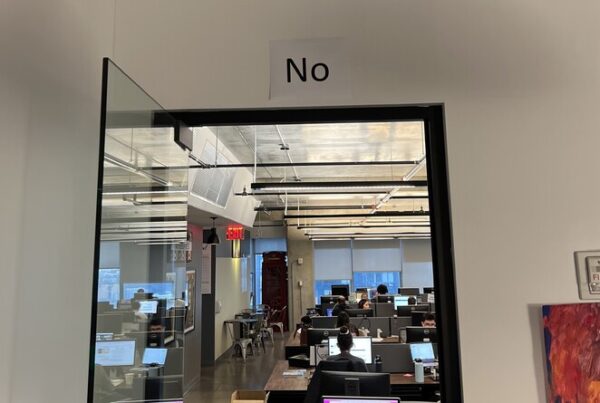Contact VaynerSpeakers, or….
- Define Your Event Objectives and Audience
Purpose: Begin by clearly defining what you aim to achieve with your event. Are you looking to educate, motivate, or entertain? Does your speaker need to be a draw or will your audience be there regardless? Setting a clear purpose will shape the entire event, including, but not limited to your choice of speaker.
Audience: It’s crucial to understand who will be attending. Identifying your audience in terms of demographics, interests, and professional backgrounds, will help you select a speaker who can truly resonate with and captivate your audience.
- Establish Your Criteria
Content: Ensure the speaker’s expertise and message aligns with your company mission and/or event theme, but decide if you want someone to come in with an entirely different message and purpose than the rest of your event. For association or industry focused events, there can be significant value in a non-endemic speaker who can break up any monotony of a day focused on a singular subject.
Format: The term speaker has evolved over the last decade. Many keynote sessions are not a singular speaker, but rather a panel discussion or moderated conversation/fireside chat. Determine if you are open to alternative formats and make sure the speaker you are considering fits the format you are aiming for.
Credibility: Evaluate the speaker’s experience, achievements, and reputation in their field to ensure they bring authority and trust. These days, all it takes to be a speaker is putting “Speaker” in your instagram profile. Be sure that the speaker you are considering has an ample history on stage.
Budget: Be clear about your financial limits. Beyond the speaker fee, you’ll have to manage their a/v needs and travel costs. Having a defined budget does not mean you have to spend every penny you have budgeted, but establishing a budget allows you to consider only realistic options.
Date/Time/Location: Whether you are planning an in person or virtual event, it’s helpful to have a defined schedule, and ability to indicate any flexibility to speakers you are considering to be sure you are able to consider only those speakers who are actually available for your event.
- Research Potential Speakers
Use Various Sources: Explore industry conferences, professional networks, and online platforms such as LinkedIn or TED Talks. However, recognize that not every person actually wants to give a speech. Someone may appear on a podcast, or have built a cool company, but have no desire to take the stage. Speaker bureaus are a great resource-but not the only resource- to help take some of the guess work out of it.
Recommendations and References: Leverage your network by asking colleagues, industry peers, or relevant social media groups for speaker suggestions. Explore other events to see who they are hosting and use social media to see if there was any buzz about someone that you find interesting.
Watch Videos: Like test driving a car, it’s better when you can have the experience yourself. If possible, watch recordings of previous talks by the speakers you are considering to assess their presentation style and content.
- Create a Shortlist
Evaluate Potential Speakers: From your research, compile a list of speakers who best match your defined criteria. Then begin to determine who fits within your budget parameters and has availability on your event dates. This list will be crucial for the next steps in the selection process.




